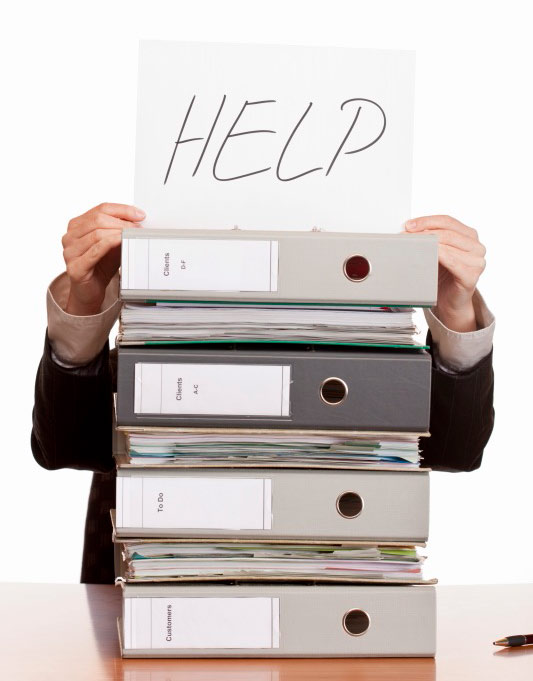Being in financial difficulty can be stressful and emotional. It doesn’t matter how much debt you have whether it be $10,000 or $100,000, if you can’t pay it, it’s stressful.
Filing for bankruptcy is also a decision not to be taken lightly, so you will want to do whatever you can to ensure that you receive a discharge from bankruptcy at the end of the process. Your discharge from bankruptcy is the second most important part of the process. We discussed the importance of your discharge in our August 2017 newsletter that can be found here.
If bankruptcy is on the horizon and you have had your initial consultation with a Licensed Insolvency Trustee here are some things you definitely should not do (even if you think you should).
Don’t Pay Down Your Debt
Although it may seem counterintuitive, you should not make any payments toward your debts once you decide to file bankruptcy. The reasoning for this is two-fold.
Making preferential payments to one creditor over another or preferring one creditor over another could affect your discharge. The Bankruptcy and Insolvency Act allows a LIT to pursue creditors who may have received a preferential payment. As well, preferring one creditor over another, within three months of bankruptcy, may be considered a conduct issue and once again could affect your discharge.
The law is even stricter with payments made to relatives and/or friends, otherwise know as related parties. The LIT can go back up to one year and seize these payments. So why would you drag your relatives into your problem.
Paying off a credit card debt once you intend to file bankruptcy usually doesn’t help your case in getting a credit card with that same lender after bankruptcy. In almost all cases, creditors will close your account once you file bankruptcy, even with a zero balance. Regardless of your continued payments, even those with a minimal balance are likely to be discharged anyway, so making payments is really just throwing good money after bad. It is not enhancing your credit rating.
You should continue to pay on secured debts such as your mortgage or car loan if you intend on keeping the property and reaffirming, or continuing to pay, the debt once your bankruptcy is over.
Don’t Redeem Your RRSPs
They are exempt (protected) from your creditors except for any contributions you have made in the previous twelve months. And in some instances, they are totally protected. So there is no reason to do so if you get to keep the asset.
Don’t Max Out Your Credit Cards or Lines of Credit
If you max out your credit cards or lines of credit knowing you don’t have the ability to pay them back, it could affect your discharge. As well, it could very well be considered an offence under the Bankruptcy and Insolvency Act in that you knowingly used credit when you had no ability to pay.
If you need to use your credit cards, you best use them as you had been using them in the normal course of business and not make any extraordinary purchases.
Don’t Give Away or Transfer Any of Your Possessions
You are required to disclose all assets that you sold or gave away within five years of filing. There’s no issue if you transferred the property to an independent party at fair market value. However, if the assets end up in the hands of friends or relatives, the LIT could very well attack the transaction. That means dragging your relatives into the mix again (see Pay Down Your Debt Above).
Be Truthful
It is essential that you disclose everything to your LIT. Failing to disclose any information about your income, assets, or debts to your LIT can affect your discharge or it could possible have changed the advice the LIT gave you had everything been disclosed. You must be completely upfront, even if you think your situation is embarrassing. It’s even more important to be honest if you think you did something that goes against the bankruptcy rules, so the LIT can advise you on the best course of action.
We hope that these are helpful suggestions in the event that you decide to file for bankruptcy.
At Boale, Wood and Company Ltd, we can help you understand the bankruptcy process so you can make an informed decision.
Call us. It’s not too late. (604) 605-3335.

